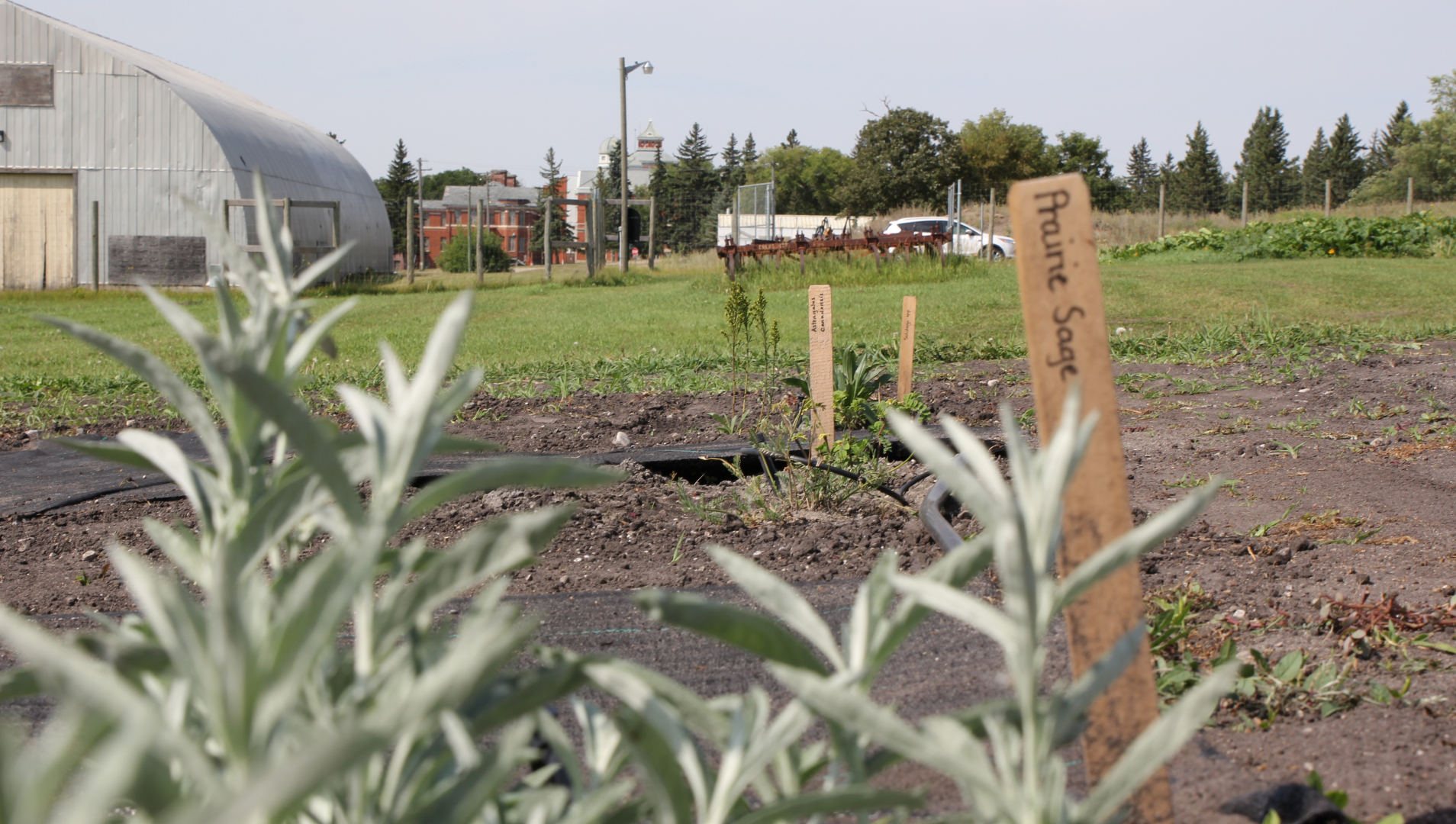Local Food Sustainability program to explore community-based food solutions with Indigenous learners
March 18, 2021
Assiniboine Community College will offer a Local Food Sustainability program at the college’s North Hill campus this spring. The program, funded by First People’s Development Inc. (FPDI), will give Indigenous learners the opportunity to explore food production from a community-based perspective, with a focus on identifying problems and solutions within local food systems.
“FPDI recognizes the need to create solutions for and work toward food security. The intent is to train First Nation individuals how to grow, produce and sustain the production of local food on reserve,” said Joan Harris-Warren, Executive Director of FPDI. “FPDI will continue to promote careers in this sector as either self-employment pursuits or management and labour positions to contribute to this valuable initiative.”
The program, designed to give students the knowledge and tools to created change within their own local food system, will include an Indigenous Foodways course that will provide a platform for students to discuss and explore different Indigenous food systems and engage with local Knowledge Keepers.
“Students will leave the program ready to take action in one of the most important and pressing issues that currently exists across Canada,” said Dr. Ryan Whibbs, Academic Chair of MICA and Field to Fork Initiatives.
The location of the program and the facilities and resources Assiniboine has at-the-ready will benefit the student experience and learning outcomes as well.
“The North Hill campus will play a major role in shaping students’ outlooks on food systems,” said Dr. Whibbs. “With the complete use of the North Hill campus, including the grow plots, greenhouse and historic spaces like asparagus, rhubarb and morel patches and apple orchard, we will look at food systems of various scales. There are or can be small, micro-food systems like the North Hill within many communities.”
“With this experience, students can leave the program with new knowledge and skills that are readily applicable to their area. We’re looking at things like how to build consensus locally to start a community garden program, how you build funds to get a local food production and security program going, how to engage with social media to promote and inspire these programs.”
Building on Assiniboine’s Field to Fork vision, as part of the Local Food Sustainability program, students will plant, grow and harvest food that will be used at the Manitoba Institute of Culinary Arts throughout the fall semester. There will also be a brief cooking piece included in the program to bring Field to Fork into practice.
The program will run full-time from May to October, 2021 with capacity for 15 students. To apply, students should contact Barb Moran with FPDI at [email protected] or by phone at 204.791.4429.




